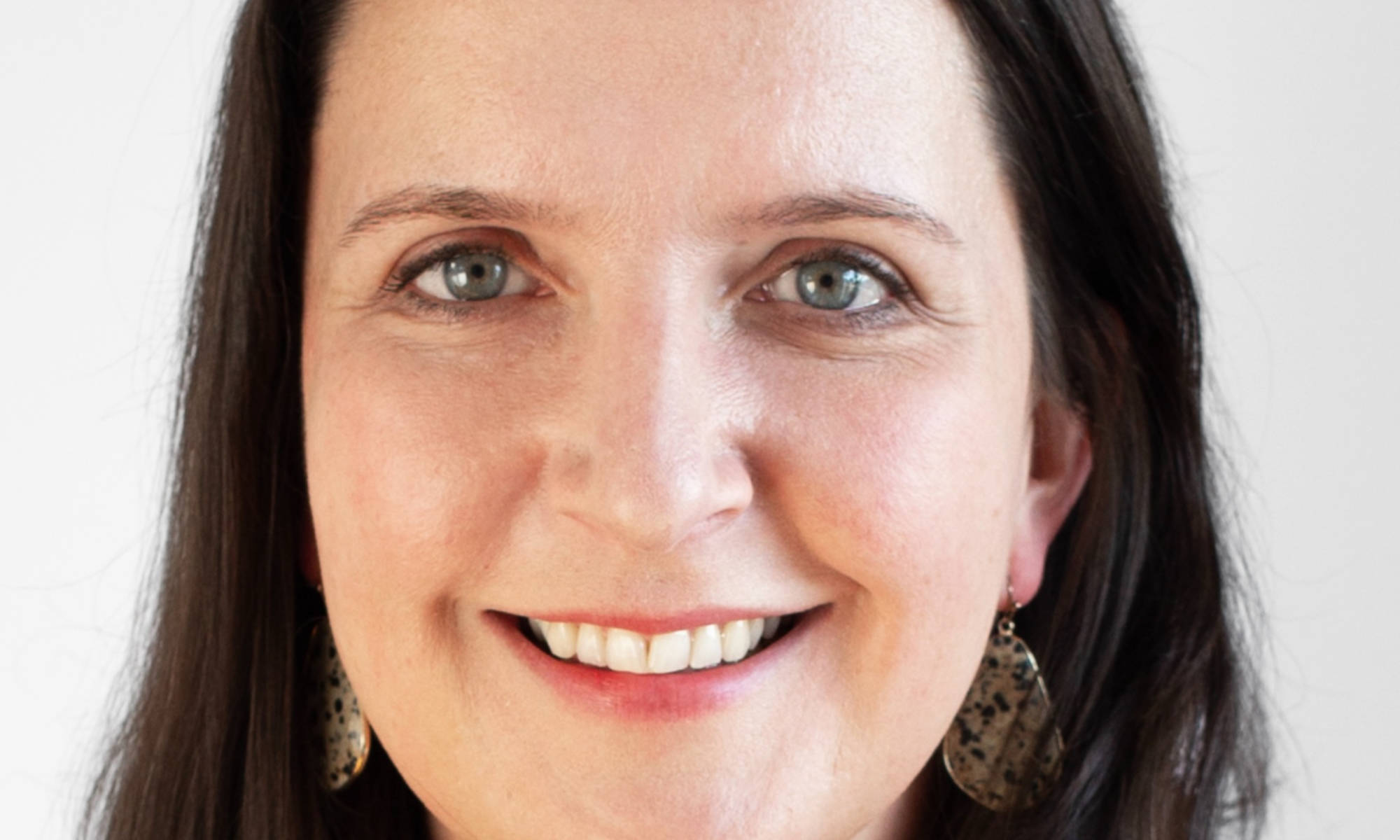The Campus Prevention Network (CPN) recently ranked the University’s sexual assault prevention efforts in the “Advanced” category for its programming, critical processes, and institutionalization. The Campus Prevention Network supports large college campuses across the United States in their efforts to address health and safety challenges, including sexual assault.
The rating was part of CPN’s Sexual Assault Diagnostic Inventory, which is a comprehensive 80-item assessment of an institution’s sexual assault prevention efforts and is meant to serve as a roadmap to guide progress in sexual assault prevention at an institution. Participating schools are designated as Emerging, Developing, Proficient, or Advanced.
“The Title IX Office in coordination with many departments and dedicated staff members throughout the University are committed to preventing sexual assault, intimate partner violence, sexual harassment and stalking in our community,” said Morgan Levy, Title IX Coordinator and director of University Student Services coordination. “Through programming and education—including engaging in difficult topics with clarity and honesty—we are determined to reduce instances of sexual misconduct in our community while informing individuals of the University’s high standards for treating people with respect and dignity.”
The University received particularly high marks in the programming area of the assessment. Tiffany Street, assistant director for educational outreach, joined the Title IX Office this summer from the Department of Public Safety and has since implemented several meaningful sexual misconduct prevention programs. She began in this new role by facilitating prevention training sessions for 1,350 first-year students in the College, and engaging participants in real bystander intervention roles and techniques.
She and Levy have also introduced a social ecological model to inform the University’s sexual misconduct prevention efforts. This model recognizes the continued need for strategies aimed toward an individual and focused on relationships—which have been in place for some time—but also expanding efforts to engage the entire community in the task of prevention. A few examples include working with the College to create educational programs that integrate with their Medallion Program, and the development of a “Don’t Cancel That Class” program, which will launch in summer 2019 and encourage faculty who have anticipated class cancellations (due to faculty travel, etc.) to invite the Title IX Office to engage the class in discussion related to issues of sex and gender based harassment.
In her role as chair of the Education Assessment Committee, Street has also gathered faculty, staff and students from each of the University’s schools to provide input on how well the educational programs are tailored to the needs of the unique populations of all students, and how the Title IX Office can improve its educational offerings.
For more information on sexual misconduct prevention, see https://www.rochester.edu/sexualmisconduct/prevention.html.




